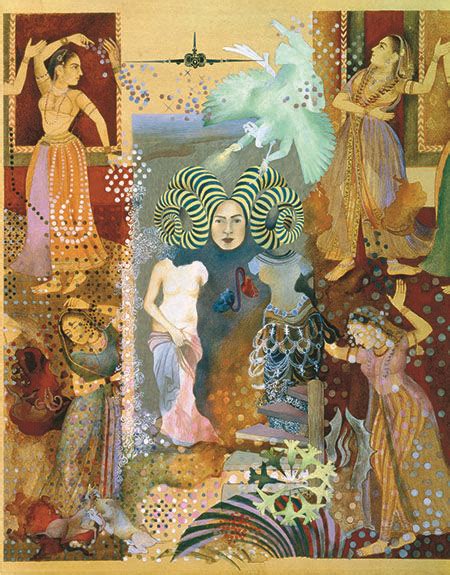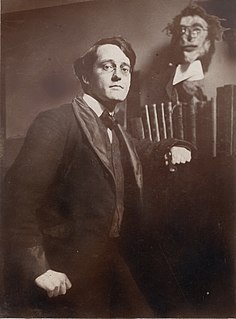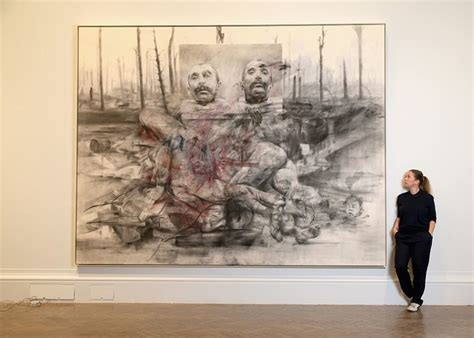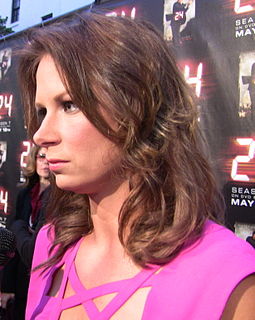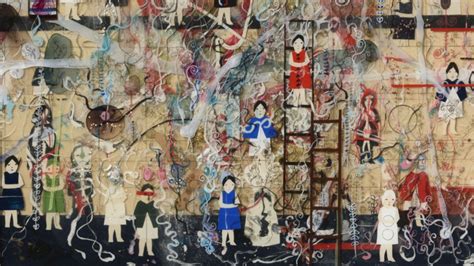A Quote by Frederick Sommer
Art is not arbitrary. A fine painting is not there by accident; it is not arrived at by chance. We are sensitive to tonalities.
Related Quotes
I feel like what's most important for painting - which has been hierarchically on the top for a really long time in terms of what is considered fine art, by comparison with something like a comic book or what's considered low art - is that painting should open up laterally to include other cultures and things that don't immediately resonate as a painting but are obviously of equal contribution to the genre.
I'm not anti conceptual art. I don't think painting must be revived, exactly. Art reflects life, and our lives are full of algorithms, so a lot of people are going to want to make art that's like an algorithm. But my language is painting, and painting is the opposite of that. There's something primal about it. It's innate, the need to make marks. That's why, when you're a child, you scribble.
Malevich, Lissitsky, Kandinsky, Tatlin, Pevsner, Rodchenko... all believed in the social role of art... Their works were like hinged doors, connecting activity with activity. Art with engineering; music with painting; poetry with design; fine art with propaganda; photographs with typography; diagrams with action; the studio with the street.
I think a good painting or a good work of art does many things it wants, I mean, maybe 15 or 20 or 100. One of the things a painting does is to make the room look better. It improves the wall that it's on. Which is much harder than it looks. And that's a good thing. And if one engages with a painting on that level, that's fine, that's great. After some time, familiarity, the other things that a painting does, the other layers, they just start to make themselves felt.
I don't mean to give performance art a bad name or anything; I think there are people that are legit. I think I just got frustrated painting - I love painting; I actually tried to be an artist, but it's sensitive, and then you have an object. And what do you do with that object? And then repeat and repeat, blah blah blah.





